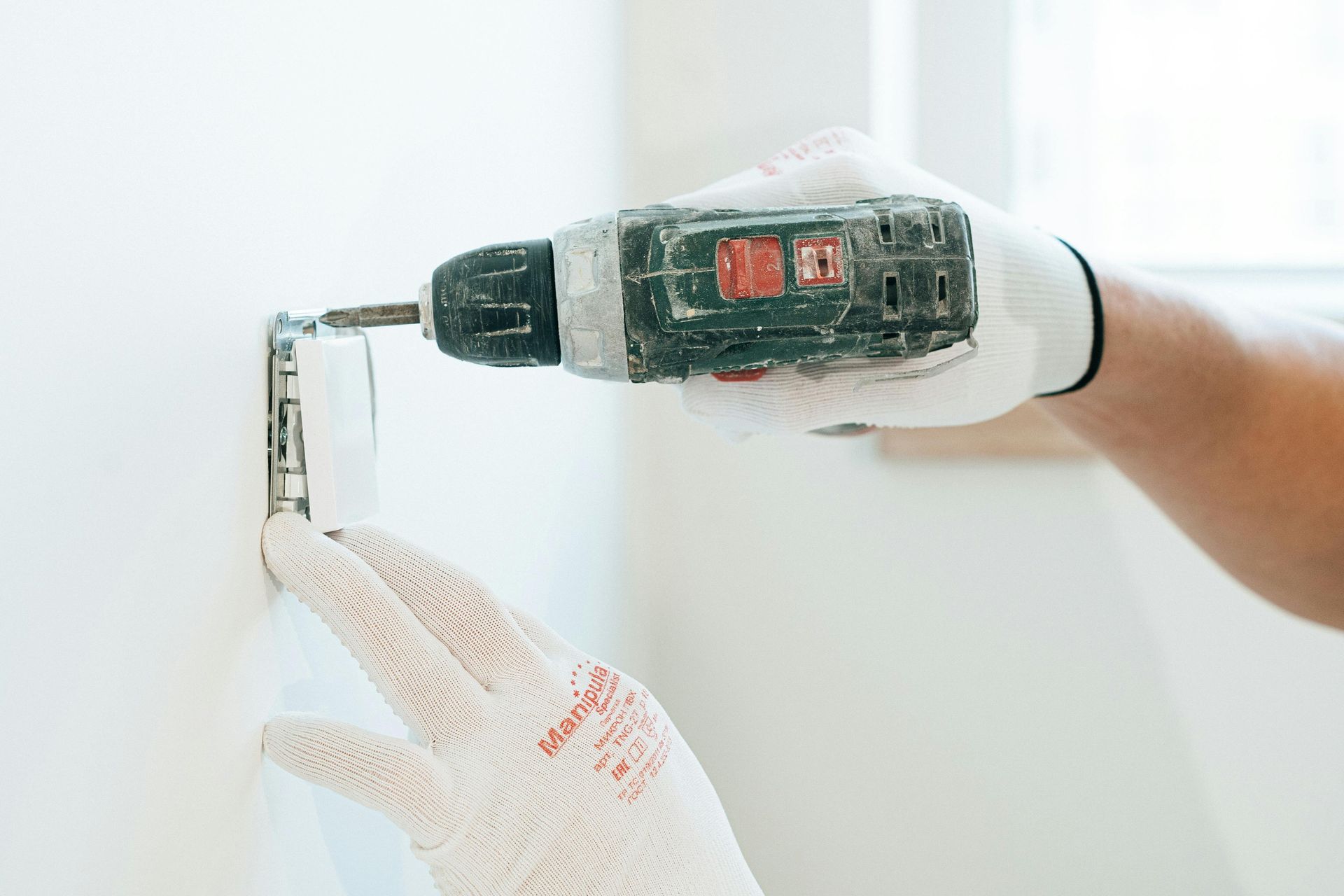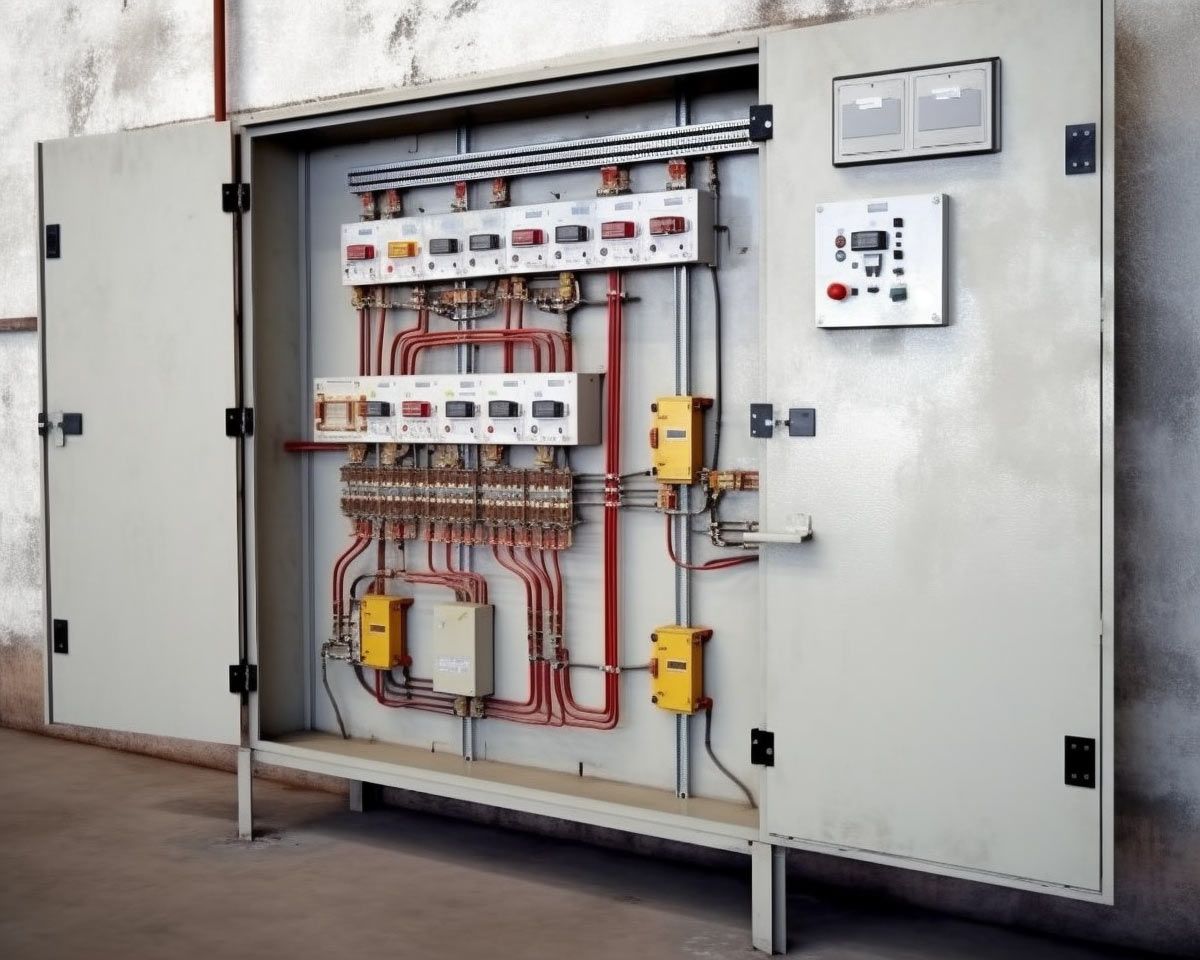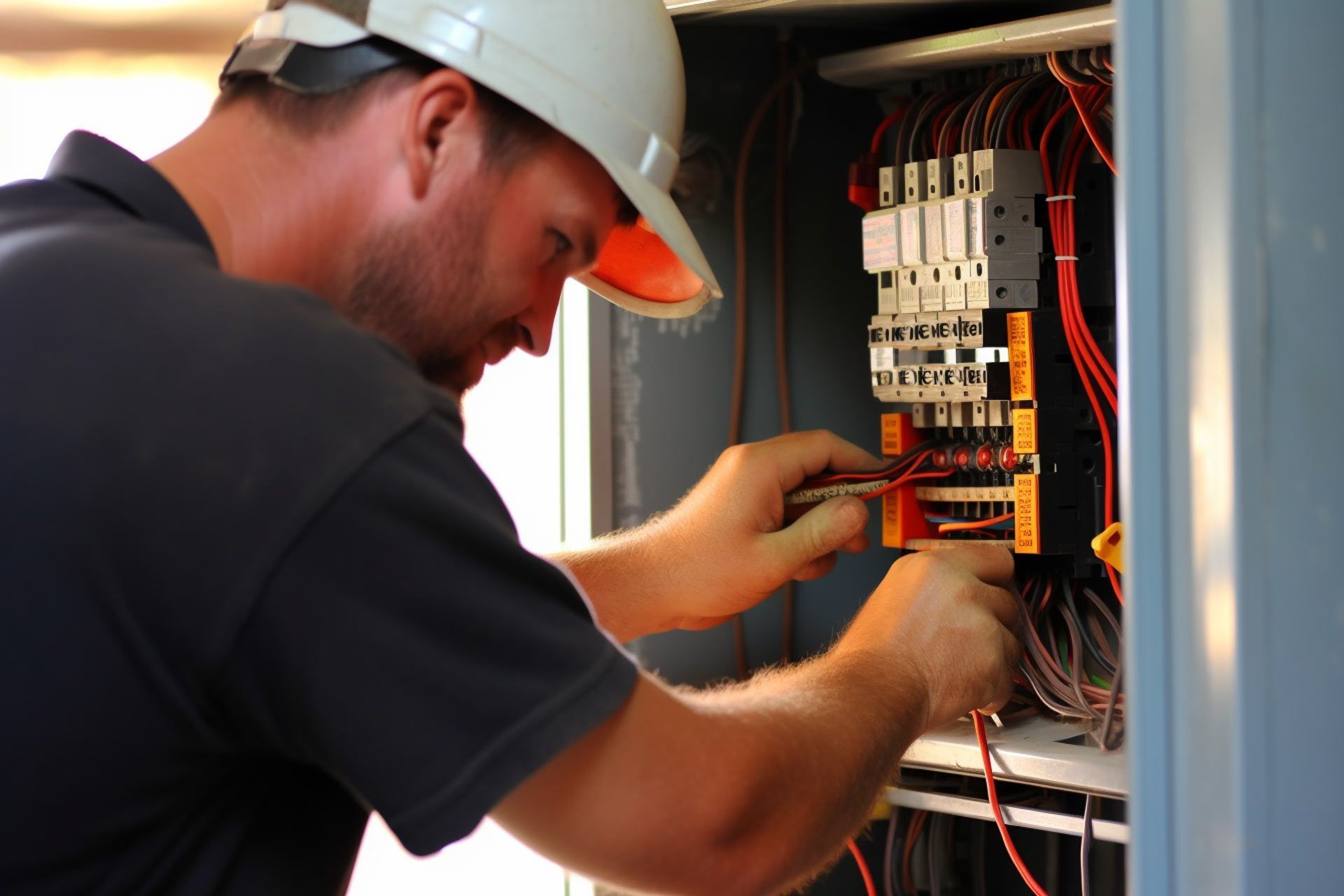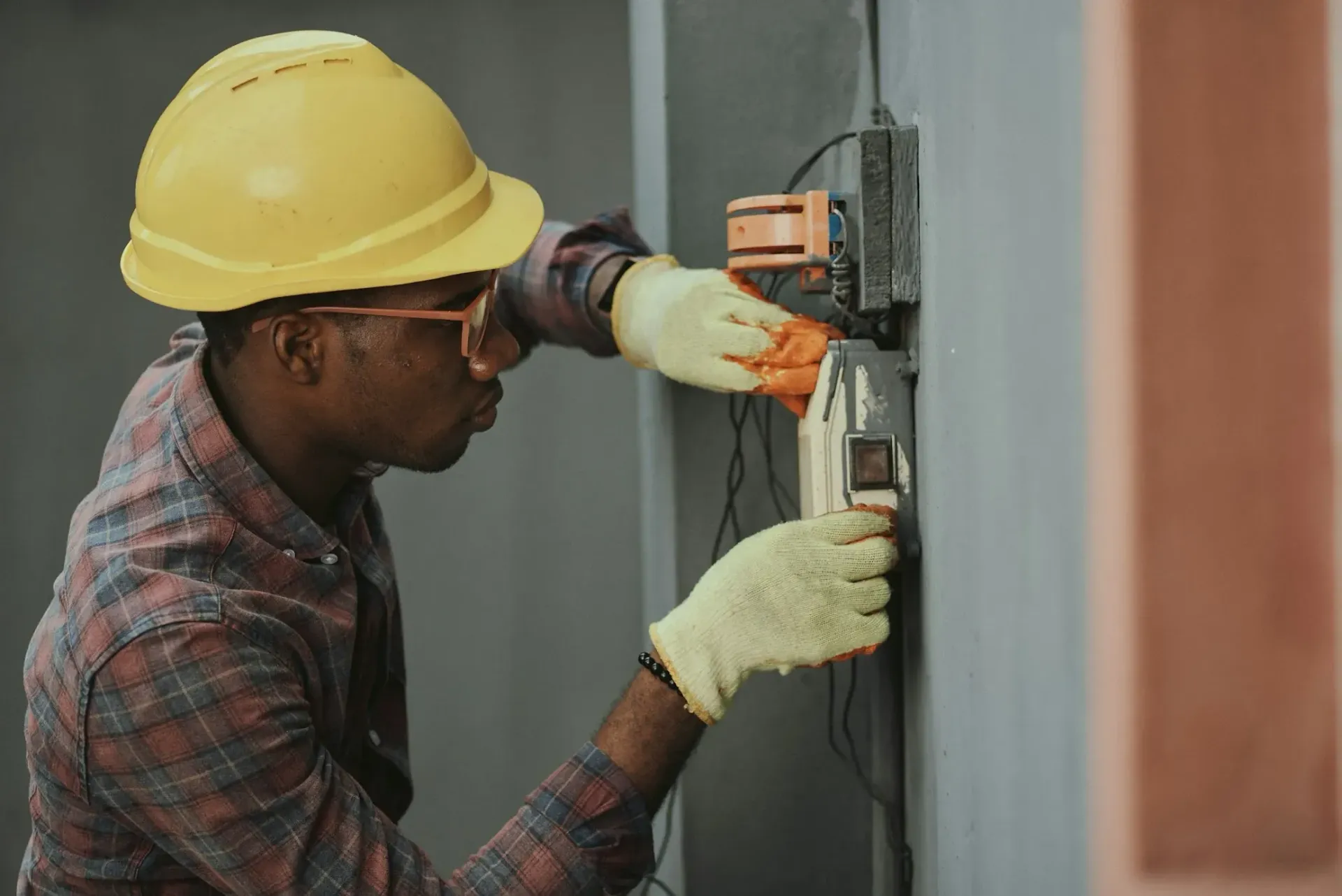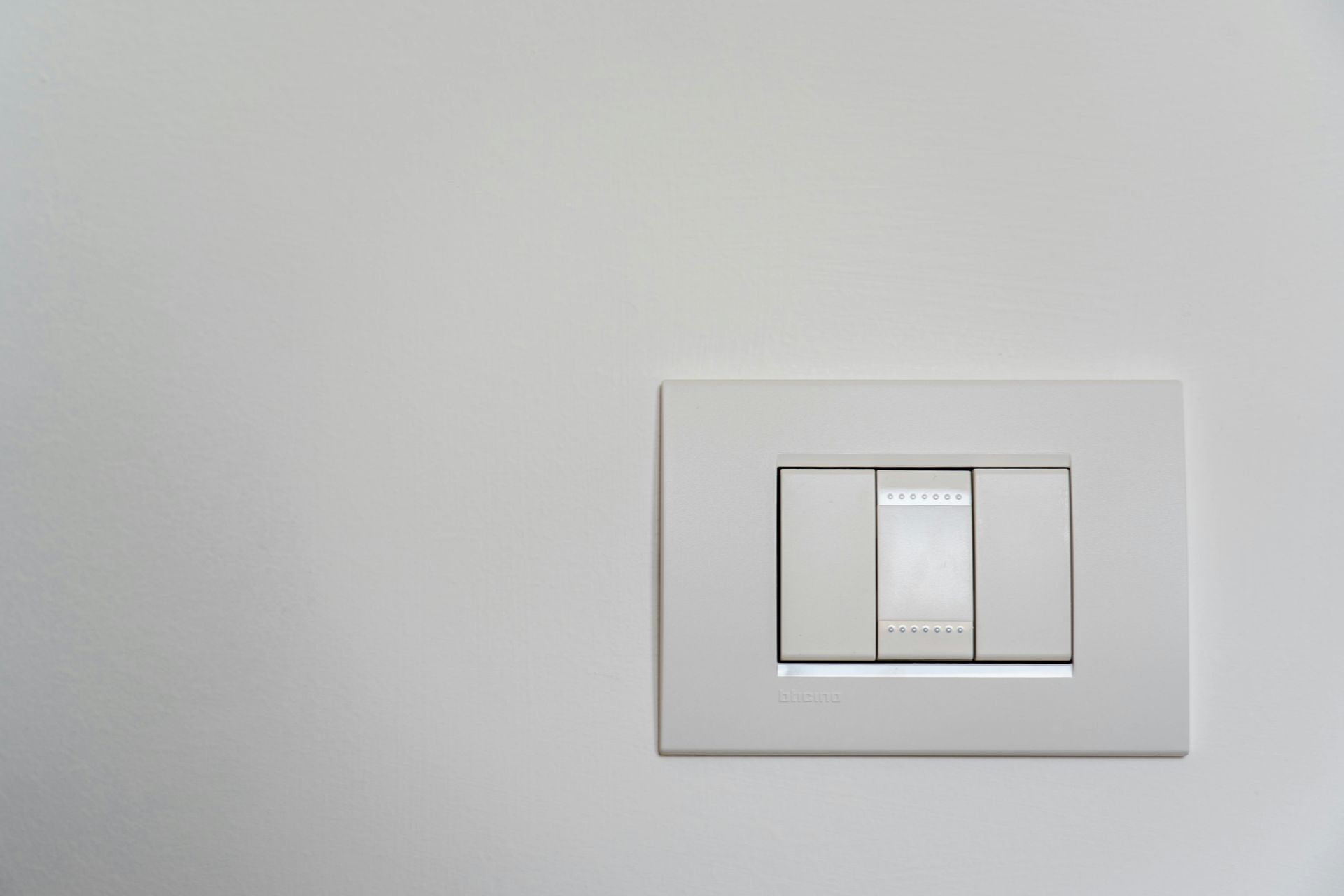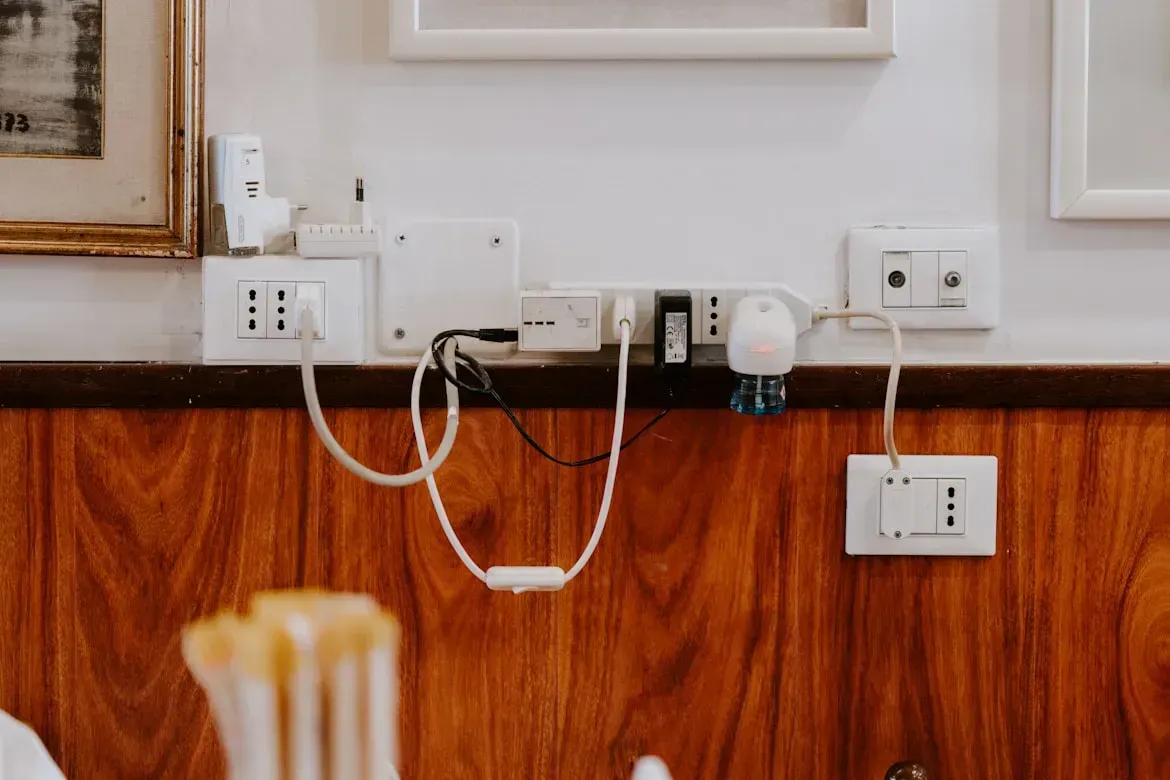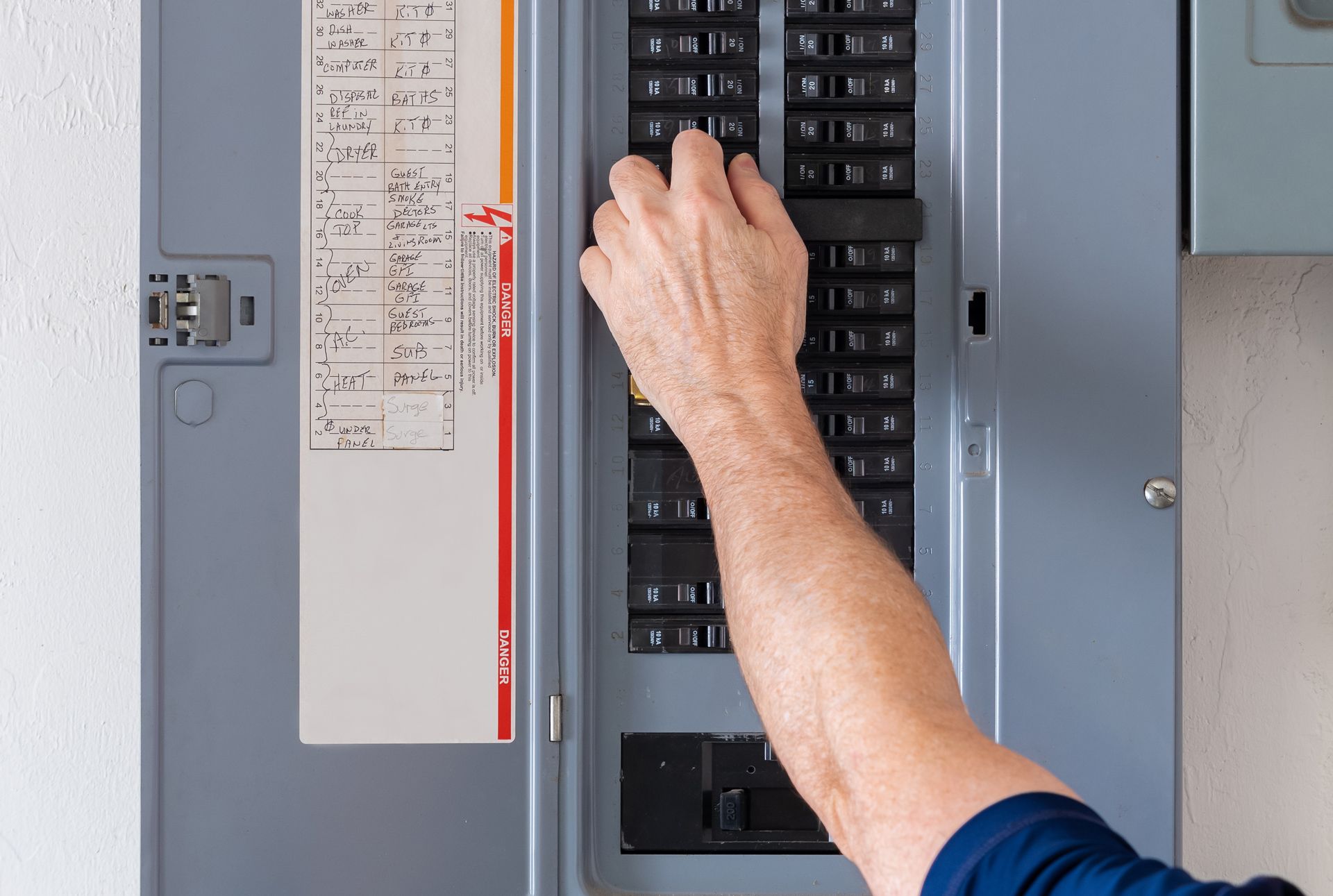Common Dishwasher Problems and How to Fix Them
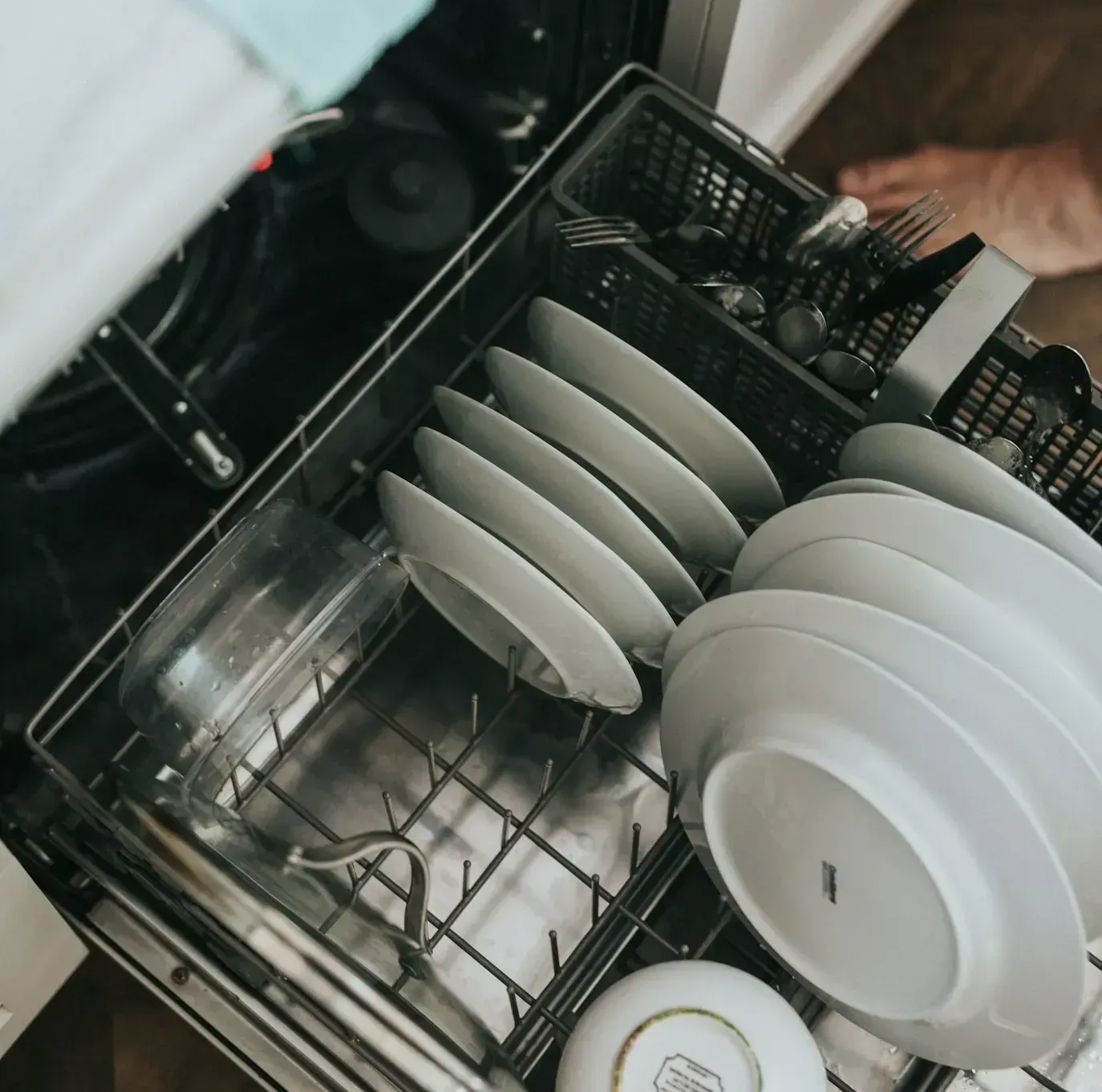
Dishwashers are a staple in modern kitchens, saving time and energy by keeping our dishes sparkling clean. However, they are not immune to problems. Whether it's a unit that won’t start, leaves residue on your dishes, or emits strange noises, each issue can hinder its performance. This guide will explore the most common dishwasher troubles, providing straightforward solutions to help you fix them quickly. By tackling these problems effectively, you can extend your dishwasher’s lifespan and enhance its efficiency, ensuring it works smoothly for years to come.
Dishwasher Doesn't Start
One of the most frustrating issues is a dishwasher that won’t kick into action. Before you panic, check a few basics: Is it plugged in? Is the door properly latched? These might seem obvious, but they are often overlooked. If these check out, the problem could be with the start mechanism or a tripped circuit breaker. Here’s how to troubleshoot:
- Check Power Supply: Ensure the dishwasher is firmly plugged into the outlet. A loose connection can prevent it from starting.
- Inspect the Door Latch: A dishwasher won’t start if the door isn't securely closed. Examine the latch for any signs of damage or obstruction.
- Reset Circuit Breaker: Locate your home’s electrical panel and check if the breaker for the dishwasher has tripped. Reset it if necessary.
- Test the Start Button: Sometimes, the issue could be as simple as a faulty start button. If it feels stuck or unresponsive, it might need replacement.
If these steps don’t resolve the issue, it might be time to consult a professional. Electrical problems beyond basic troubleshooting should be handled by experts to avoid safety risks.
Dishwasher Doesn't Clean Dishes Properly
When your dishwasher fails to clean effectively, it's not just a nuisance; it's a waste of both water and energy. The culprit could be anything from a clogged spray arm to using the wrong detergent. Here’s what to check:
- Inspect the Spray Arm: Make sure it's not blocked by debris. A blocked spray arm can't distribute water evenly, leaving food residue on dishes.
- Adjust Water Temperature: It’s essential for the water entering your dishwasher to be hot enough—typically at least 120°F. You can measure the temperature with a candy thermometer at your tap.
- Check Your Detergent: Expired or poor-quality detergent can result in poorly cleaned dishes. Always opt for a high-quality brand suited for dishwashers.
- Load Correctly: Overloading or improper loading can prevent dishes from getting clean. Make sure that water can reach all surfaces and that utensils aren't nesting together.
Simple adjustments can often restore your dishwasher's performance. However, if these tips don’t help, it may be time to delve deeper into potential issues like water supply problems or a malfunctioning heating element.
Dishwasher Leaves Spots or Residue
Finding spots or a filmy residue on your dishes can be disheartening, especially after a wash cycle. This issue is commonly caused by hard water or inadequate use of rinse aids. Here’s how you can achieve spotless results:
- Understand Hard Water: Minerals in hard water can leave deposits on dishes. If you suspect hard water is the issue, consider using a water softener or a detergent booster that combats mineral buildup.
- Utilize Rinse Aid: Rinse aids are designed to prevent water from forming droplets that dry into spots. Adding rinse aid to each cycle can significantly improve the clarity of your glassware and dishes.
- Clean the Dishwasher: Regular cleaning of the dishwasher itself can prevent residue buildup. Focus on areas like the spray arms and filters, which can harbor lime scale and soap scum.
- Adjust the Detergent Amount: Depending on your water's hardness, you might need to increase or decrease the amount of detergent used. Experiment to find the right balance for your specific conditions.
Implementing these solutions can lead to visibly cleaner dishes and enhance the overall performance of your dishwasher.
Dishwasher Makes Strange Noises
Unexpected noises coming from your dishwasher can be alarming, indicating potential problems. Here’s how to pinpoint the source and fix it:
- Identify the Noise: Different sounds suggest different issues. A grinding noise might mean something is stuck in the chopper blade, while humming could signal a jammed pump.
- Check for Obstructions: Open the dishwasher and inspect the interior for any foreign objects—like fallen utensils—that might be causing the noise.
- Examine the Pump and Motor: These components are often the culprits behind loud noises. If accessible, check them for wear or damage. Replacing a faulty motor or pump can quiet things down.
- Secure Loose Parts: Sometimes, the fix is as simple as tightening a loose component. Ensure all parts are securely attached to prevent rattling noises during operation.
Addressing these noises not only reduces irritation but also prevents minor issues from developing into major repairs.
Dishwasher Leaks Water
A leaking dishwasher can cause significant damage to your kitchen flooring and cabinets if not addressed promptly. Here’s how to diagnose and fix common sources of leaks:
- Check the Door Seal: Inspect the rubber gasket around the door. If it’s cracked or brittle, it’s time to replace it to stop water from escaping.
- Examine Hoses and Connections: Look for any signs of wear or damage on the water inlet and drain hoses. Tighten connections or replace hoses if they appear frayed or leaky.
- Level the Dishwasher: An uneven dishwasher can lead to improper water drainage, causing leaks. Use a level to check and adjust the feet of the appliance if necessary.
- Clear the Drain: Blockages in the drain can force water back up and out of the machine. Make sure the drain is clear of food particles and debris.
Taking these steps not only prevents leaks but also protects your home from water damage.
Dishwasher Won't Drain
A dishwasher that doesn't drain properly is not only ineffective but can also lead to odors and potential health hazards. Here's how to get to the bottom of drainage problems:
- Inspect the Drain Filter: Start by checking the drain filter. Remove any accumulated debris or food particles that could block water flow.
- Examine the Drain Hose: Ensure the hose isn't kinked or crushed. Any obstruction can prevent water from draining out. If necessary, remove the hose and flush it with water to clear any blockages.
- Check the Air Gap: If your dishwasher has an air gap (usually located on the top of the sink), make sure it's not clogged. A blocked air gap can cause water to back up into the dishwasher.
- Test the Drain Pump: The drain pump uses an impeller to force water through the drain hose. If it's malfunctioning, it may need to be replaced.
Addressing these issues promptly can restore your dishwasher's functionality and prevent further complications.
Conclusion
Maintaining your dishwasher isn't just about keeping it running smoothly—it's also about ensuring it performs efficiently for years to come. By addressing common problems such as starting difficulties, cleaning inefficiencies, residue issues, strange noises, leaks, and drainage troubles, you can often avoid costly repairs and extend the lifespan of your appliance. Regular checks and minor adjustments can make a big difference in its performance. Remember, when in doubt or faced with complex electrical issues, it's safer and often more cost-effective to call in a professional.
Call to Action
Looking for reliable electrical services in Lehi, American Fork, Pleasant Grove, Sandy, or Draper? Look no further than Bar H Bar! Whether you need comprehensive electrical repairs, new electric car chargers, expert panel upgrades, stylish interior lighting solutions, or professional installation of outlets and switches—Bar H Bar has you covered. Our skilled technicians also specialize in spa hookups, and wiring & rewiring projects to ensure your home’s safety and efficiency. Trust Bar H Bar to power your home right. Contact us today to schedule your service!
Frequently Asked Questions
Q: How often should I clean my dishwasher filter?
Ideally, you should clean your dishwasher filter once a month to prevent buildup and maintain optimal performance. If you notice an increase in food particles on dishes after a cycle, check and clean the filter sooner.
Q: Can I use regular dish soap in my dishwasher?
No, you should never use regular dish soap in your dishwasher as it can create excessive suds and overflow, potentially damaging the machine and affecting its functionality. Always use detergents specifically designed for dishwashers.
Q: What should I do if my dishwasher emits a bad odor?
Bad odors are usually caused by trapped food particles and grease. Run a hot wash cycle with a dishwasher cleaner or a cup of white vinegar placed on the top rack to eliminate smells. Make sure the filter and drain area are clean.
Q: How can I increase the efficiency of my dishwasher?
Ensure that you’re loading the dishwasher correctly, not overloading it, and using the right type and amount of detergent. Also, run it at full capacity and choose an eco-friendly cycle if available to save water and energy.
Q: Is it worth repairing an old dishwasher or should I replace it?
It depends on the age and condition of your dishwasher. Generally, if your dishwasher is over 10 years old and the cost of repair is more than half the price of a new one, it might be more economical to invest in a newer, more efficient model.

